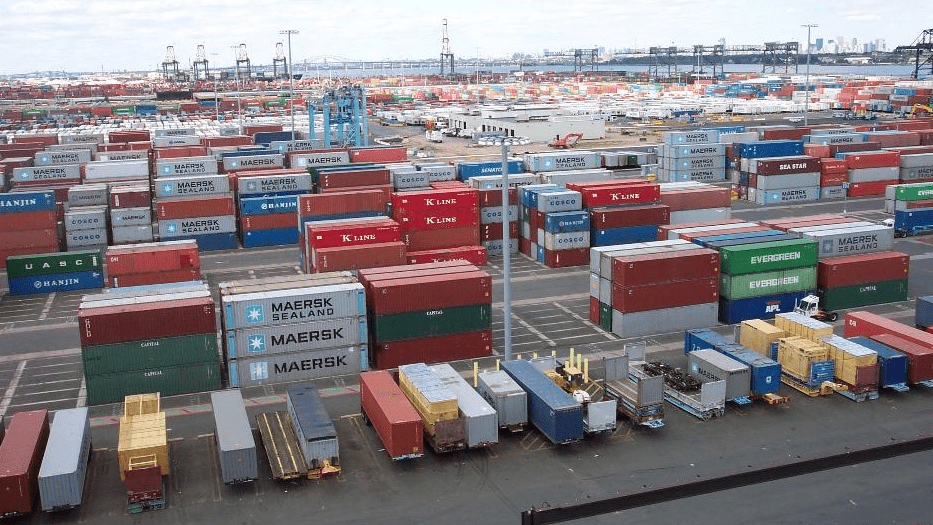Many maritime stakeholders have lamented the poor growth recorded by the sector since Nigeria gained independence in 1962.
The stakeholders were of the opinion that the performance of the industry over a period of six decades has been sub-optimal.
Speaking with SHIPS & PORTS, former President, Shipowners Association of Nigeria (SOAN), Engr. Greg Ogbeifun, said government has not provided the enabling environment to accelerate the growth and development of the industry.
He said, “The industry wants to and has made a lot of efforts to live up to expectations but the enabling environment to enable the industry live up to expectation has not made it possible for the industry to live up to expectations. When you talk about the maritime industry, there is a public sector role and the private sector role and the other relevant stakeholders’ roles.
“Collectively, we have to make the industry successful but the private sectors practitioners and other stakeholders have consistently engaged the government over the years to understand the need that the government has to create an enabling environment for the industry to grow to international standard.
“At 62, the country does not have a global trading fleet either private or public. We have not been able to register any global trading ships in our own national registry. So many issues are bugging.
Also, I must say that we have not lived up to expectations not because we don’t desire to, not that the private sector practitioners are not there but because the government have failed to do what is needed for the industry to grow to international standard.”
Also speaking, former President, Nigerian Association of Master Mariners (NAMM), Capt. Adewale Ishola, said it is unfortunate that Nigeria depends on foreign shipping lines to move its crude to the international market 62 years after independence.
“Things were very good in the 1980s when we had shipping line that we were importing and exporting our own goods but things are not the same now. So, if we have to do the right thing, Nigeria should be exporting on our own ships.
We are still the only country in OPEC that is not lifting our own crude oil. So tell me where are we at 62 years? This does not speak well of Nigeria at all,” the Master Mariner said.
Also speaking, a maritime lawyer, Osuala Emma Nwagbara, said, “At 62, everything is down in Nigeria and it is unfortunate that the maritime industry is not spared.
It doesn’t look good at all. The industry is below 50% because the industry has not done well. It was better previously but at 62, it is nothing to write home about.
“I must say that the security on the maritime domain is better going by the reports given that piracy is low within the Nigerian waterways. With regards to port development, the management of the reconstruction of port access roads is bad; regarding the promotion of import and export, it is worse because by now it is expected that there will be a dedicated terminal for export especially outside of Lagos. The maritime industry is actually the goose that lays the golden egg but we all have deliberately killed the maritime industry,” he said.
Another stakeholder, Kelvin Okonna wants the Federal Government to support and pay more attention to maritime issues to enable the industry realise its full potential and contribute meaningfully to the nation’s Gross Domestic Product (GDP).
He said, “The nation’s maritime sector embraces all related business activities ranging from offshore economic activities such as fishing, salvage, towage and underwater resources to onshore economic activities such as port activities, maritime transport (shipping), ship construction, repairs and maintenance activities as well as the enterprises involved in carrying out these activities. A lot is not going on well with most of the infrastructures and the government is not helping at all to see that all are put in place.”

